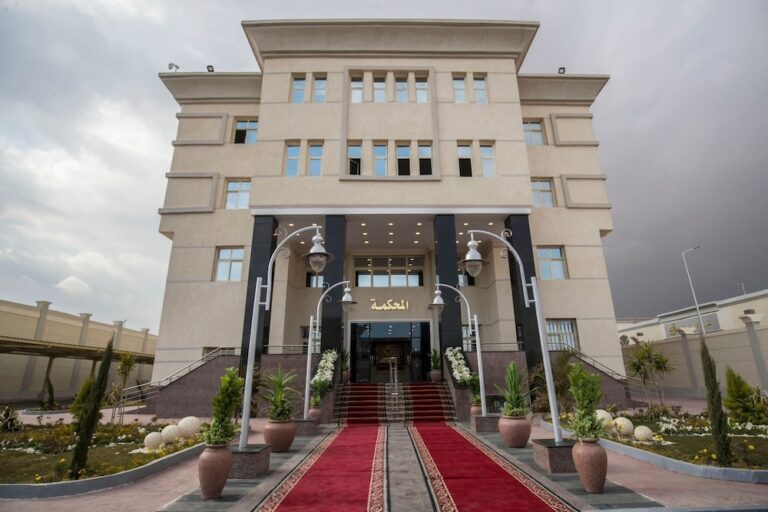(RSF/IFEX) – Reporters Without Borders has protested against the harassment and intimidation of numbers of local and foreign journalists covering a demonstration against the sexual harassment of women in the capital, Cairo, on 14 November 2006. “It is disturbing that in Egypt physical assaults on journalists have become systematic during this type of public demonstration,” […]
(RSF/IFEX) – Reporters Without Borders has protested against the harassment and intimidation of numbers of local and foreign journalists covering a demonstration against the sexual harassment of women in the capital, Cairo, on 14 November 2006.
“It is disturbing that in Egypt physical assaults on journalists have become systematic during this type of public demonstration,” the worldwide press freedom organisation said.
“Whatever the event and regardless of what is at stake, the security forces harass the press and all those who dare to speak to them,” it added.
The Cairo correspondent for Radio France and the French daily “Libération”, Claude Guibal, was held back by plainclothes police officers who stopped her from reaching the demonstration, even though she gave them her identity and journalist work papers. She was told to leave the area for “security reasons.”
She was then followed around for 20 minutes by six police officers to make sure she did not return to the scene of the demonstration. She later told Reporters Without Borders that she felt “clearly threatened and physically intimidated.”
Security forces also held back Reuters photographer Nasser Nouri from the demonstration and destroyed some of his equipment.
Other journalists were prevented from interviewing demonstrators by a safety cordon of hundreds of plainclothes officers.
The demonstration had been organised at a spot where several young women were assaulted while leaving a cinema in the capital on 23 October. A report of the incident was posted online by an Egyptian blogger, Waël Abbas, who was there at the time. He was later threatened with arrest for “violating internal security” after two local television stations broadcast a report based on his pictures and account of what had happened.


